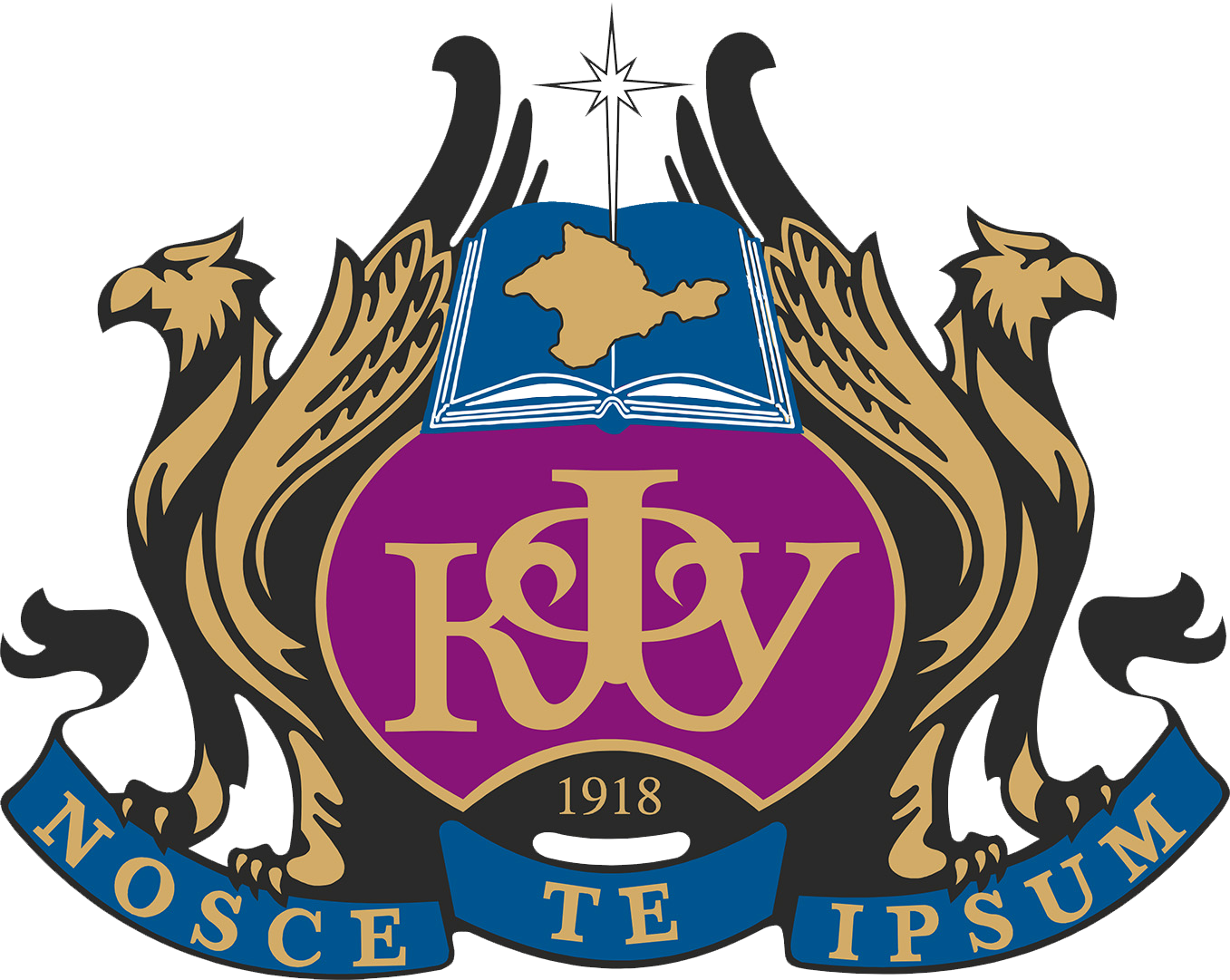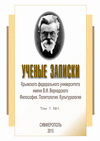The article analyzes the methods of missionary activity of new religious movements used by their leaders and followers to spread their doctrines and spiritual practices. To analyze the missionary activity of new religious movements, the author primarily examined organizations and cults operating in the territory of Crimea and Sevastopol, using materials from the Internet, as well as those obtained in the course of practical work of an expert in religious studies and a teacher of religious studies. The author conducted a comparative analysis of the formats of missionary work used by representatives of new religious movements before the era of mass use of the Internet in the religious space, and the methods of missionary work by new religious movements at the present stage with the use of new information and communication technologies. As a result of the analysis, characteristic features of transformations in the nature of missionary activity of new religious movements at the present stage were revealed. An important point in the presented article was the correlation of the nature of modern missionary work with the changes in Russian legislation that have influenced the methods of conducting missionary work of new religious movements. The author draws attention to how the situation regarding the missionary activity of new religious movements has changed since 2016, when the Yarovaya-Ozerov Law was adopted, regulating missionary work in the Russian Federation. The changes in the environment of Internet users, which have been growing, including in connection with the spread of the new Covid-19 infection, which has caused restrictions on the functioning of believers in the physical religious space and contributed to the transfer of the center of gravity of religious, including missionary, activity to the virtual space, are also analyzed.
new religious movements, missionary activity, Internet, information and communication technologies, Republic of Crimea
1. Marks K., Engel's F. Soch., 2-e izd. t.3. – M., 1955. – 630 s.
2. Marks K., Engel's F. Soch., 2-e izd. t.4. – M., 1955. – 615 s.
3. Lebedev S.A. Filosofiya nauki: Slovar' osnovnyh terminov – M.: Akademicheskiy Proekt. 2004. – 316 s.
4. Popper K. Logika i rost nauchnogo znaniya. – M.: «Progress», 1983. – 605 s.
5. Lazarev F.V., Novoselov M.M. Materialisticheskaya dialektika kak obschaya teoriya razvitiya. – M.: «Nauka», 1982.





